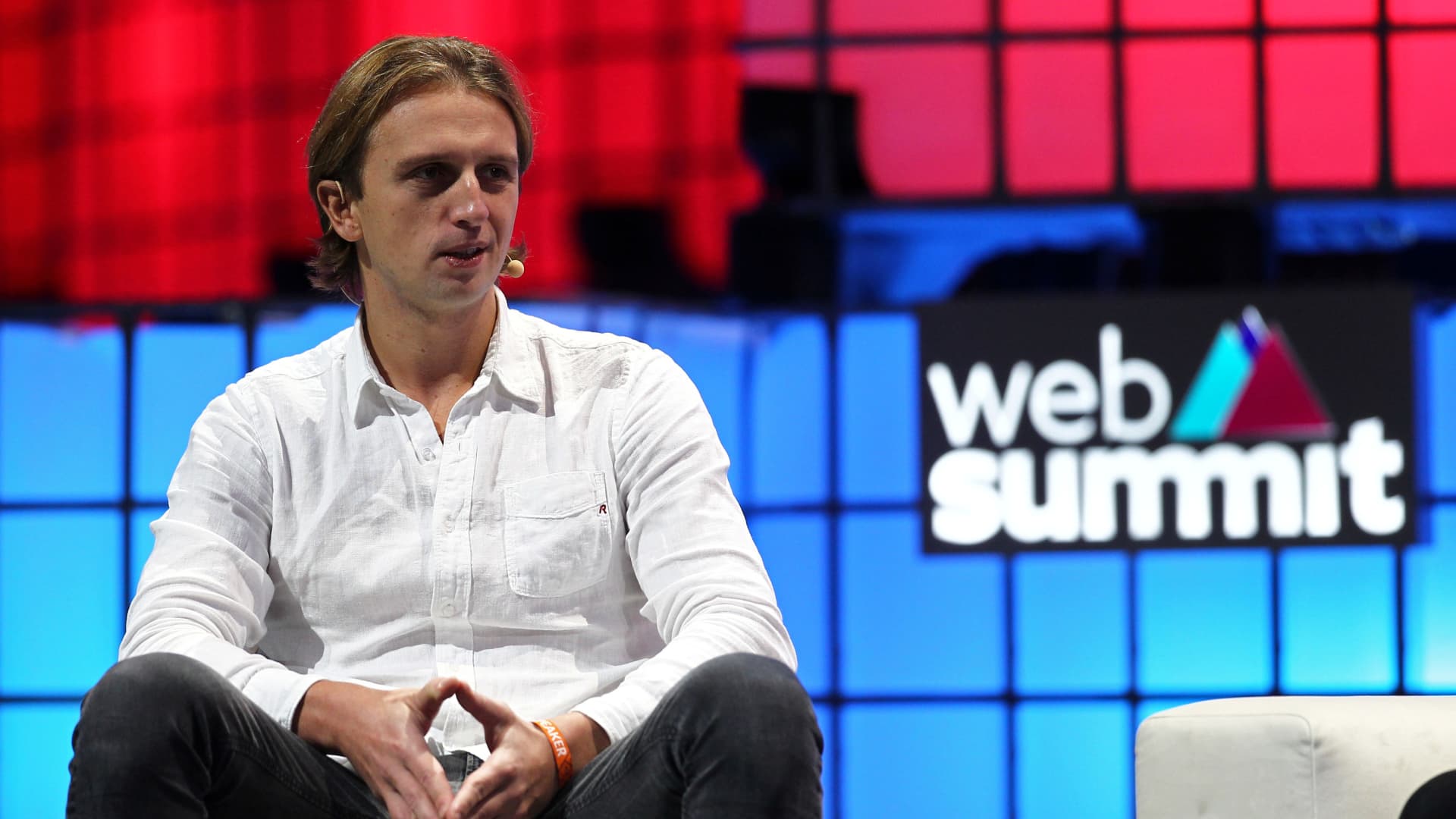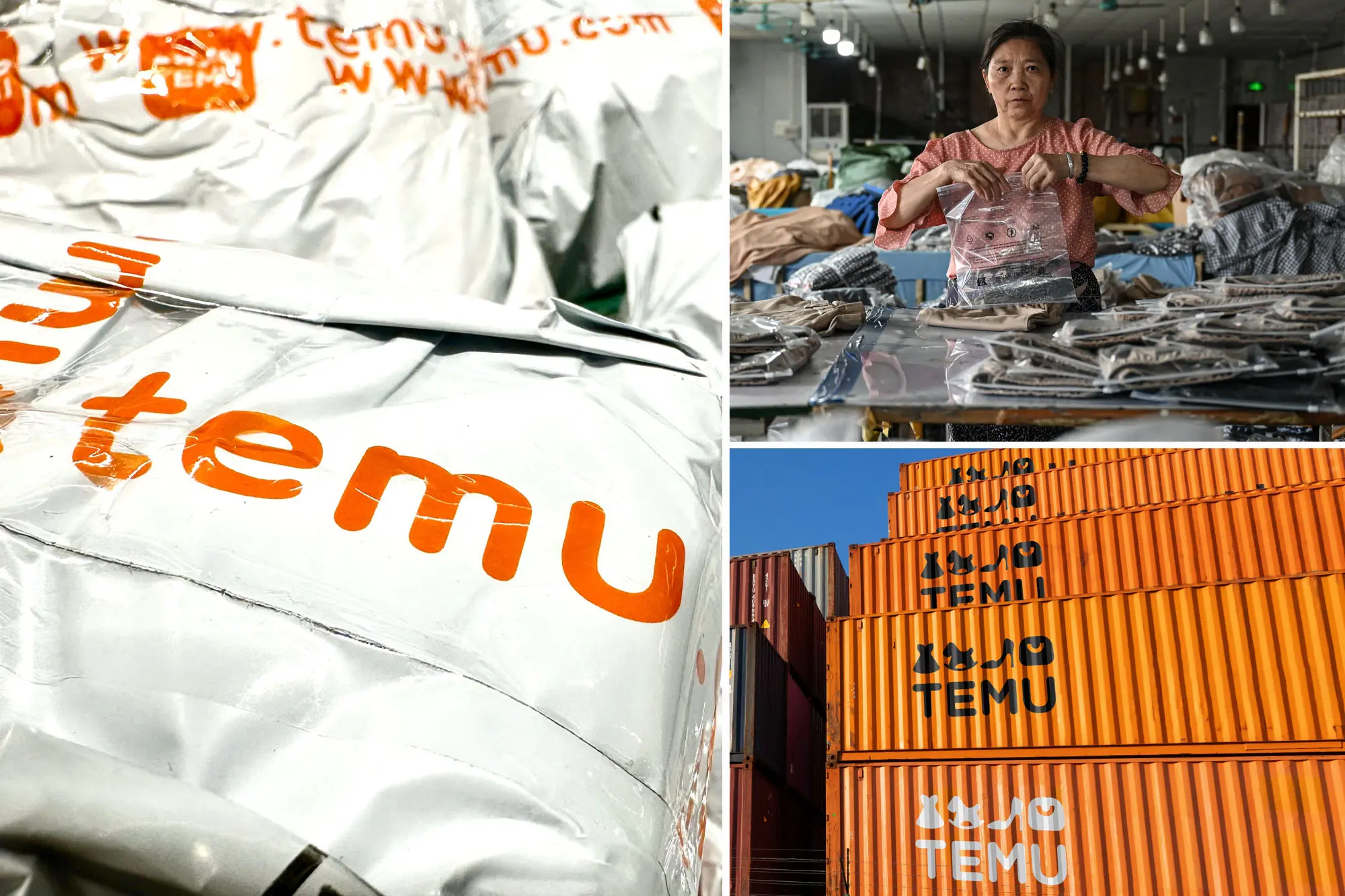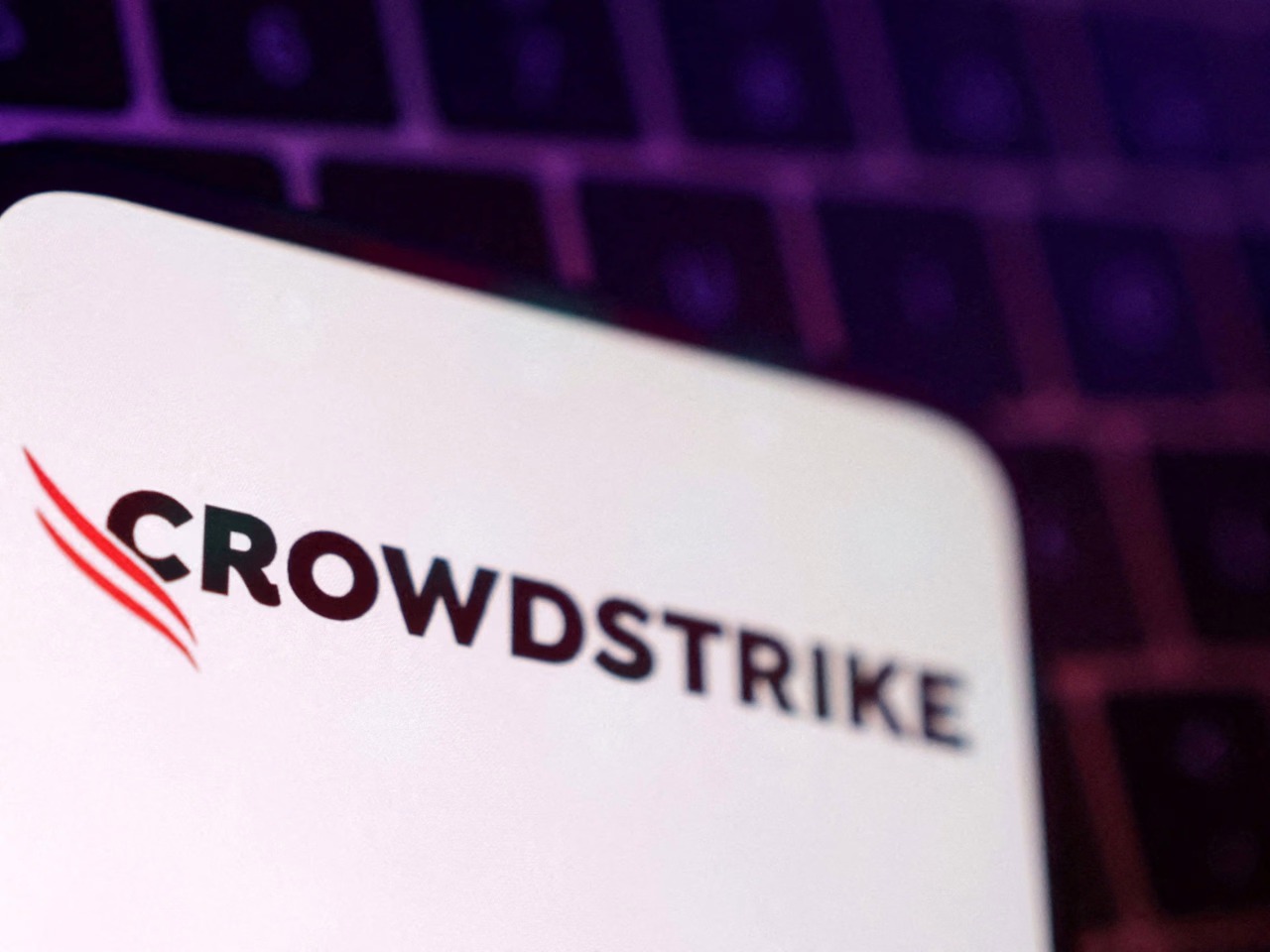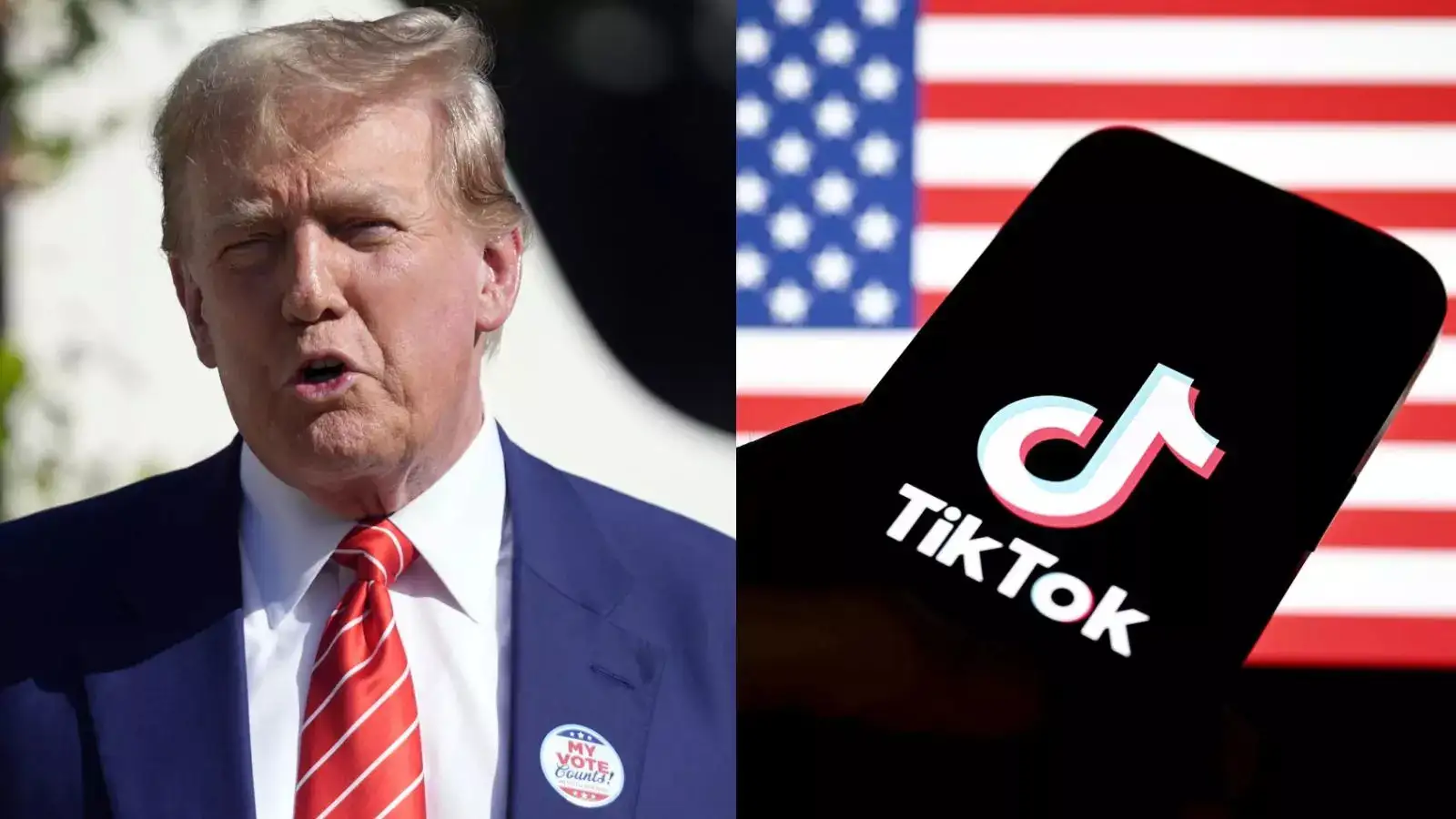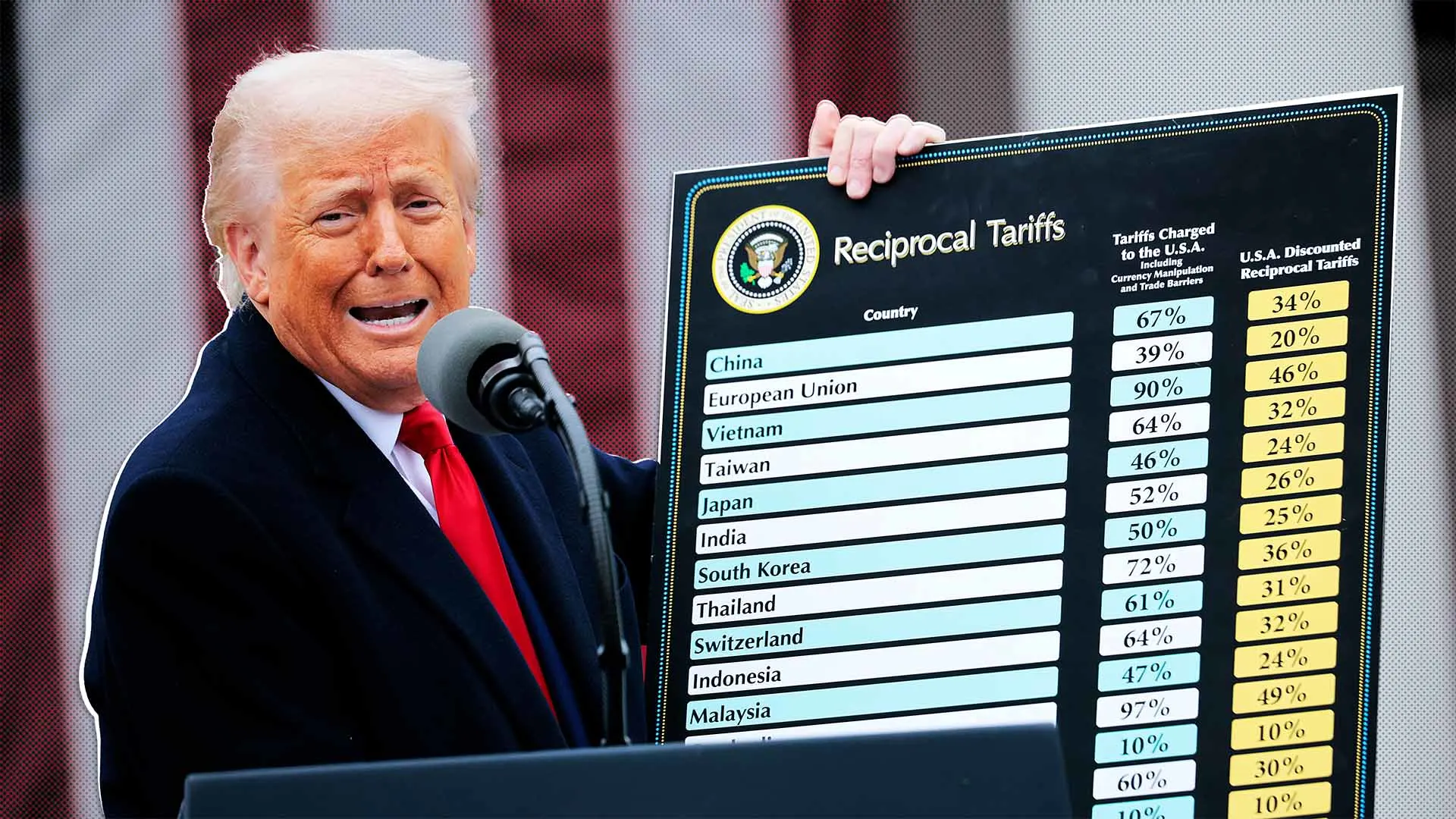Now Reading: MoneyFellows Secures $13M to Expand Its Group Savings Model Beyond Egypt
-
01
MoneyFellows Secures $13M to Expand Its Group Savings Model Beyond Egypt
MoneyFellows Secures $13M to Expand Its Group Savings Model Beyond Egypt
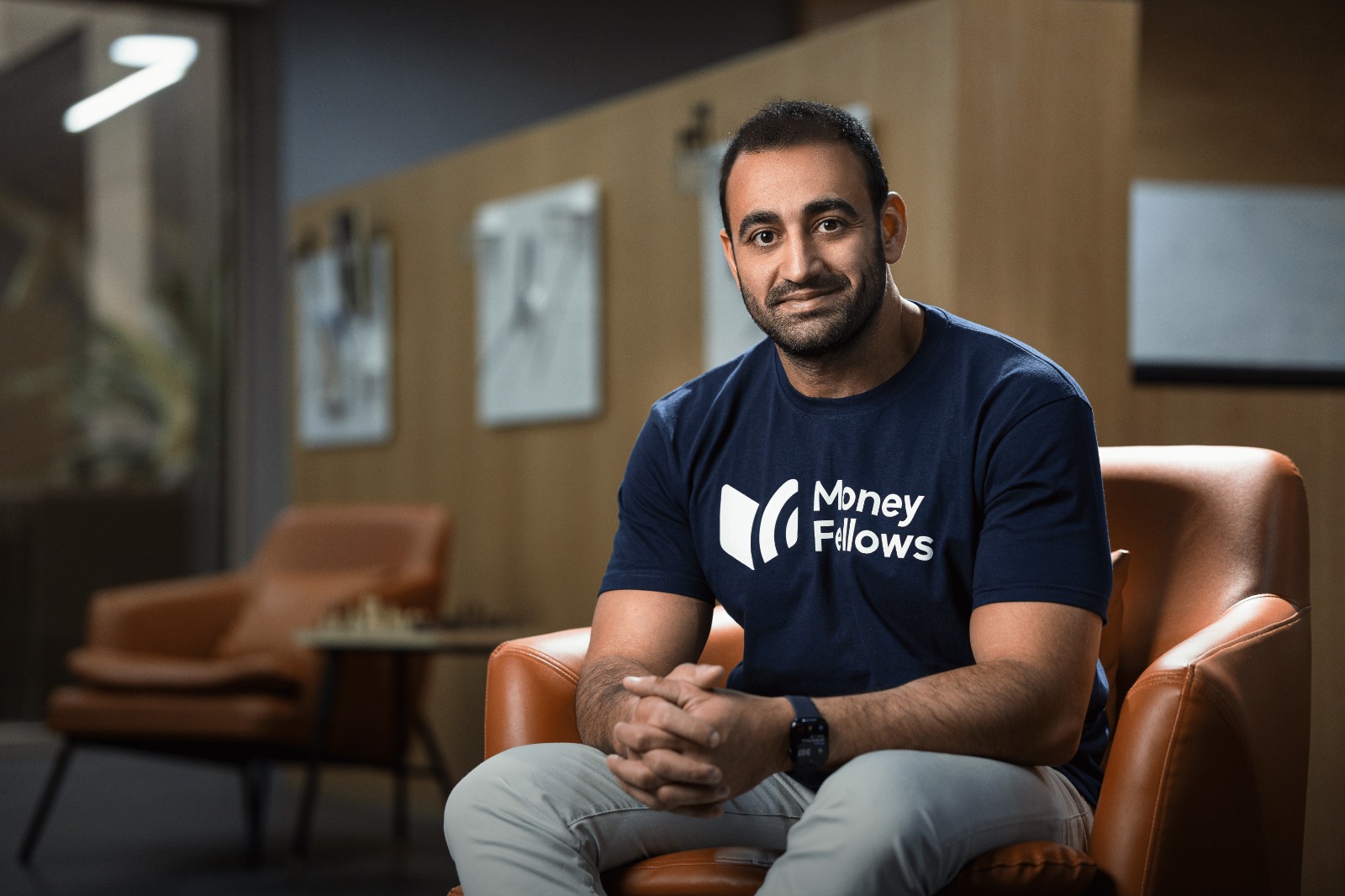
Table of Contents
MoneyFellows Raises $13M to Scale Its Group Savings Model Globally: A New Era for Financial Inclusion
Imagine a financial tool that combines centuries-old communal savings traditions with cutting-edge technology to empower millions of unbanked individuals. That’s exactly what Egyptian fintech startup MoneyFellows is doing—and they’ve just secured $13 million in funding to take their revolutionary group savings model beyond Egypt. In this article, we’ll unpack how MoneyFellows is transforming informal savings circles into a digital powerhouse, why investors are betting big on its expansion, and what this means for financial inclusion worldwide.
What Is MoneyFellows? Bridging Tradition and Technology
MoneyFellows isn’t just another fintech app. Founded in 2016 by Ahmed Wadi, the platform digitizes ROSCAs (Rotating Savings and Credit Associations), known globally as “savings circles” or gam’iyas in Egypt. These informal groups have existed for centuries, where members pool money monthly and take turns receiving the collective lump sum. While effective, traditional ROSCAs face challenges like lack of structure, trust issues, and limited scalability.
MoneyFellows solves these problems by bringing ROSCAs online. Users can join or create digital savings groups, set contribution amounts, and automate payments via mobile wallets or bank transfers. The app enforces transparency through trackable contributions, automated reminders, and secure payouts. It’s a win-win: members retain the cultural familiarity of group savings while enjoying modern financial security.
The $13M Funding Round: Who’s Backing the Vision?
MoneyFellows has successfully secured $13 million in Series B funding in a round led by CommerzVentures, with participation from Invenfin, Nclude Ventures, and returning investor Partech. This latest injection of capital pushes the fintech startup’s total funding to $18 million since its launch—a strong vote of confidence in its mission to revolutionize informal savings through technology.
So, why are global investors rallying behind this Cairo-based company?
- Explosive Growth: MoneyFellows has grown 5x year-over-year, boasting over 5 million users in Egypt.
- Untapped Market Potential: 1.7 billion adults remain unbanked globally, per the World Bank, with ROSCAs deeply rooted in Africa, Asia, and the Middle East.
- Revenue Innovation: The app monetizes via subscription fees, transaction charges, and partnerships with insurers and lenders.
“MoneyFellows is bridging the gap between informal finance and formal banking,” said Paul Morgenthaler of CommerzVentures. “Their tech-driven approach can scale across emerging markets where trust in traditional banks is low.”
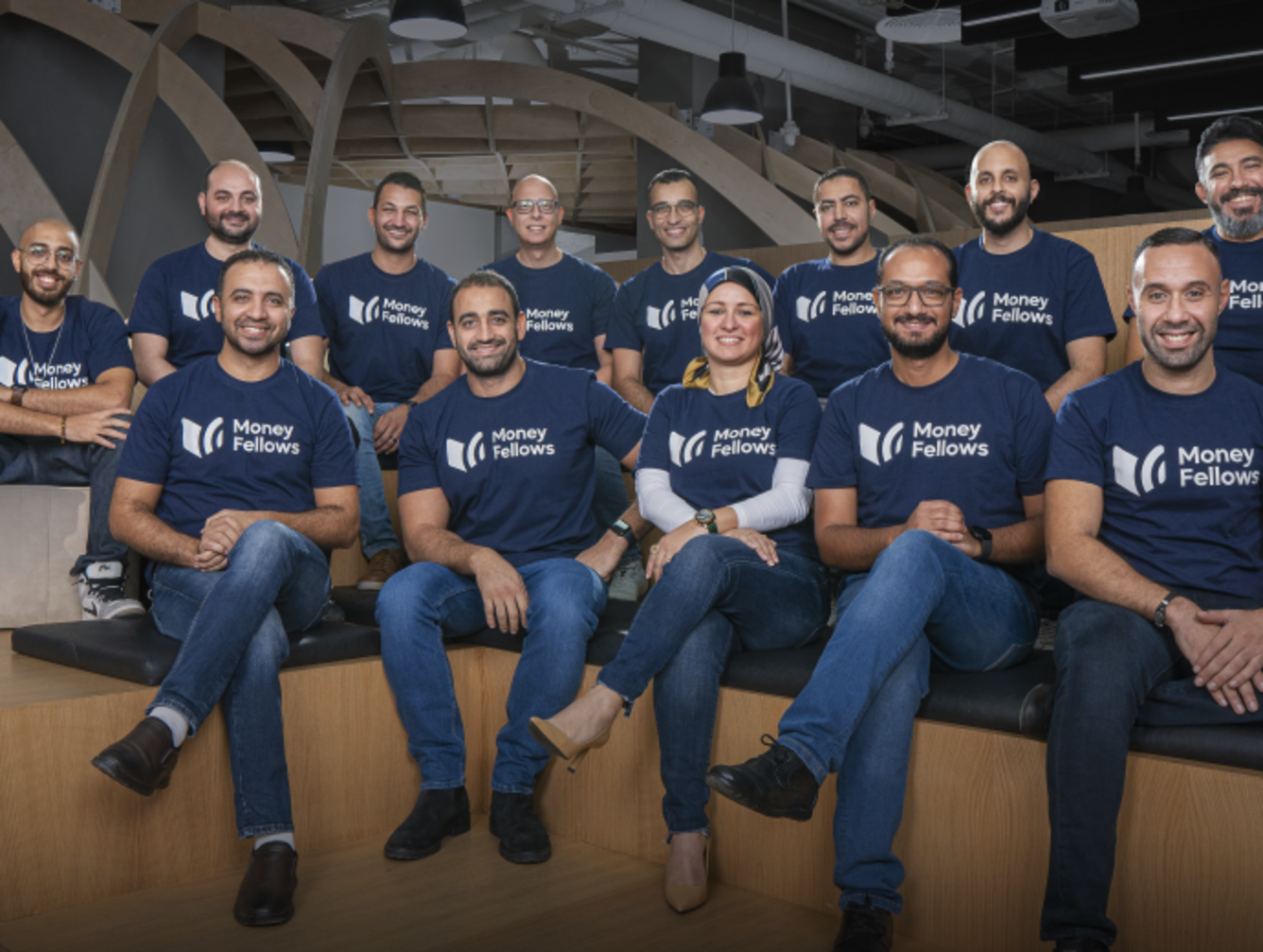
How MoneyFellows’ Group Savings Model Works
Let’s break down the group savings model step-by-step:
- Create or Join a Circle: Users choose a group size (5–15 people) and contribution frequency (weekly/monthly).
- Automate Contributions: Funds are deducted digitally, eliminating cash-handling risks.
- Bid for Payouts: Members bid competitively to receive the pooled sum early, with interest rates determining the winner.
- Build Creditworthiness: Timely repayments improve users’ financial profiles, unlocking access to loans and insurance.
For example, a teacher saving for school fees might join a 10-person circle, contributing $50 monthly. If she wins the third payout, she receives $500 upfront and repays $55 monthly afterward — effectively paying a small fee for early access.
Expanding Beyond Egypt: Which Markets Are Next?
With fresh capital, MoneyFellows plans to expand into Kenya, Nigeria, and South Asia by late 2025. These regions share key traits:
- High ROSCA adoption (e.g., chamas in Kenya, esusu in Nigeria).
- Growing smartphone penetration.
- Large unbanked populations.
However, challenges loom. Adapting to local regulations, cultural nuances, and competing with incumbents like Nigeria’s Cowrywise will require strategic partnerships. CEO Ahmed Wadi confirms the team is already collaborating with telecom operators and microfinance institutions to streamline market entry.
The Bigger Picture: Financial Inclusion in Emerging Markets
MoneyFellows isn’t alone in targeting underserved communities. Startups like Marshmallow Insurance—which raised $90 million to serve UK migrants—prove there’s vast demand for inclusive financial products. Both companies share a mission: leveraging technology to serve populations ignored by traditional institutions.
The World Bank estimates that digital financial services could boost GDP in emerging economies by $3.7 trillion by 2025. Tools like MoneyFellows’ group savings model don’t just provide access to capital—they foster entrepreneurship, education, and resilience against economic shocks.
Challenges and Criticisms: Can Digital ROSCAs Scale Safely?
While promising, digital savings circles aren’t without risks:
- Overindebtedness: Users juggling multiple circles could struggle with repayments.
- Fraud: Despite safeguards, bad actors might exploit trust-based systems.
- Regulatory Hurdles: Some countries restrict non-bank financial intermediation.
MoneyFellows addresses these by capping concurrent memberships, using AI to detect fraud, and working closely with regulators. “Our priority is user protection,” Wadi emphasizes.
What’s Next for MoneyFellows?
The startup’s roadmap includes:
- Launching savings-linked insurance products.
- Integrating with global payment gateways for diaspora communities.
- Adding AI-driven financial coaching tools.
With Egypt’s fintech sector booming—transaction values grew 40% in 2024—MoneyFellows is well-positioned to lead the region’s charge toward inclusive finance.
Conclusion: A Game-Changer for Global Savings
MoneyFellows’ $13 million raise signals a seismic shift in how emerging markets approach finance. By digitizing the group savings model, the startup isn’t just preserving a cultural tradition—it’s transforming ROSCAs into a scalable, secure, and sustainable tool for millions. As they expand beyond Egypt, the real winners will be the unbanked individuals finally gaining control over their financial futures.
For more on fintech innovations, check out our coverage of Marshmallow Insurance’s $90M funding milestone.

